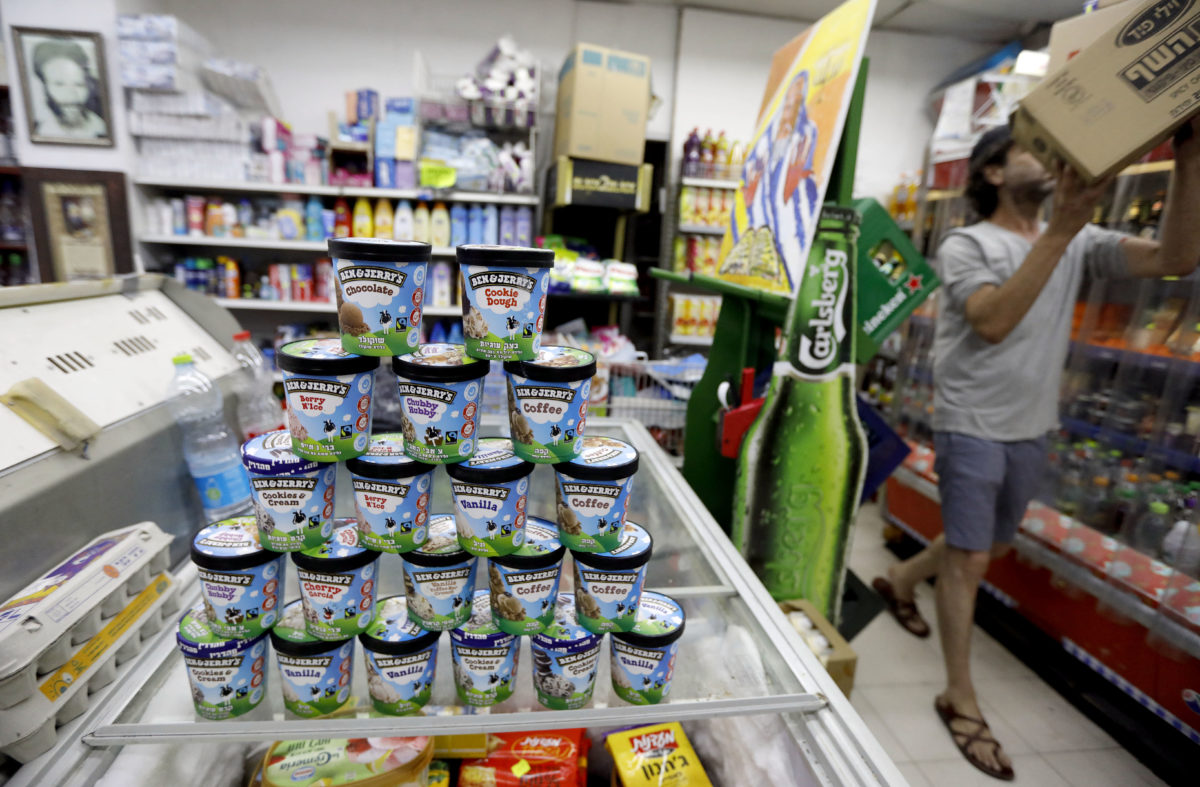
Visitors look at an exhibition in the Yad Vashem Holocaust Remembrance Center in Jerusalem, on January 16, 2020. The Justice Department on Thursday said it recovered 17 Jewish funeral scrolls, Pinkas manuscripts and community records stolen from Jewish communities during the Holocaust. File Photo by Debbie Hill/UPI | License Photo
July 22 (UPI) -- U.S. law enforcement officials recovered funeral scrolls, manuscripts and records taken from Jewish communities during World War II, the Justice Department announced Thursday.
The Justice Department said in a statement that the 17 Jewish funeral scrolls, Pinkas manuscripts and community records were taken from Jewish communities in Romania, Hungary, Ukraine and Slovakia during the war and disappeared during the Holocaust.
In February, law enforcement learned that an auction house in Brooklyn was selling 21 manuscripts and scrolls.
They contained prayers for the dead, memorial pages and the names of deceased members of Jewish communities, as well as various records and rules including members of the community who were taken to concentration camps.
"The scrolls and manuscripts that were illegally confiscated during the Holocaust contain priceless historical information that belongs to the descendants of families that lived and flourished in Jewish communities before the Holocaust," said Jacquelyn Kasulis, acting U.S. attorney for the Eastern District of New York.
Members of the Jewish communities who returned after World War II found their homes ransacked with belongings, including the scrolls and manuscripts, stolen.
Through the auction house, as well as a consigner and a buyer, law enforcement were able to track down 17 of the artifacts.
Three additional artifacts are believed to be in Israel, with one more in upstate New York.
"This office hopes that today's seizure will contribute to the restoration of pre-Holocaust history in Eastern Europe," Kauslis said.





